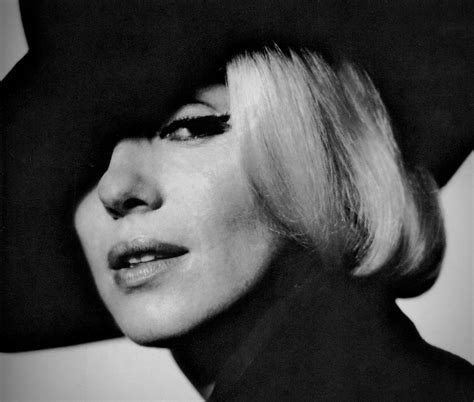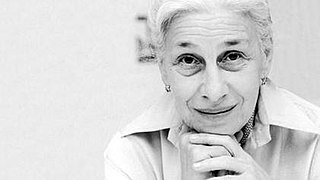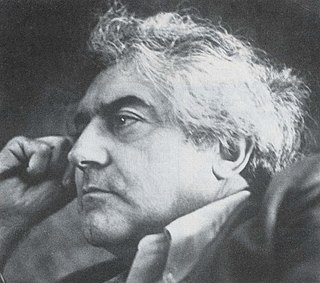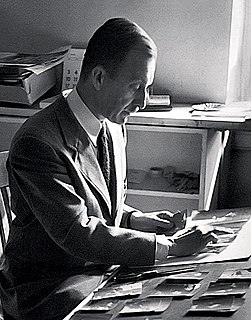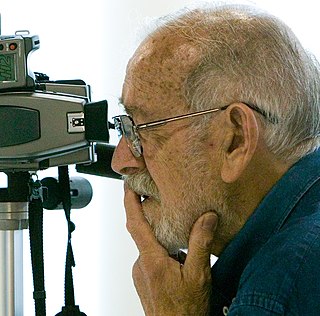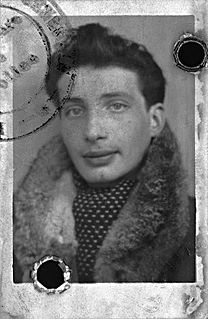A Quote by Bert Stern
You know, the Chinese don't like to be photographed because they believe that a part of their life is being taken away by the photographer. And in a way, they're right. The photographer is trying to get the prettiest moment of a life in his camera.
Related Quotes
The photographer discovers himself/herself being photographed and we can guess he is uncomfortable. Unsuccessfully he/she tries to recompose his posture and to look like a photographer taking photos. But no, he is and continues to be a spectator. The momentous fact of being photographed leads him to becoming an actor. And, as always, actors must assume a role, which is only an elegant way of avoiding to say they must choose sides, choose a faction, take an option.
A photographer is a witness. He has a moral duty. Every picture must be true and honest. I believe a photographer's strength is his ability to accurately record reality. There are photographers who think they are lucky if they find unusual or special subject. But it is never the subject that is so marvelous. It is how alive and real the photographer can make it.
Sometimes a photographer is a passenger, sometimes a person who stays in one place. What he watches changes constantly, but his watching never changes. He doesn't examine like a doctor, defend like a lawyer, analyze like a scholar, support like a priest, make people laugh like a comedian, or intoxicate like a singer. He only watches. This is enough. No, this is all I can do. All a photographer can do is watch. Therefore, a photographer has to watch all the time. He must face the object and make his entire body an eye. A photographer is someone who wagers everything on seeing.
When I first asked to take pictures of women at their homes, I was using my formal camera and I struggled to get the shots because I was still very much in the role of the photographer. Then the next time I had this little digital camera and their response to me would be completely different - I was a friend and I got new kinds of pictures. I was always treading a line between photographer and friend.
There is a creative fraction of a second when you are taking a picture. Your eye must see a composition or an expression that life itself offers you, and you must know with intuition when to click the camera. That is the moment the photographer is creative. Oop! The Moment! Once you miss it, it is gone forever.
